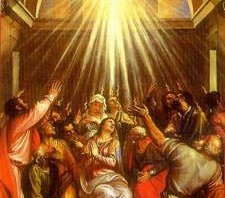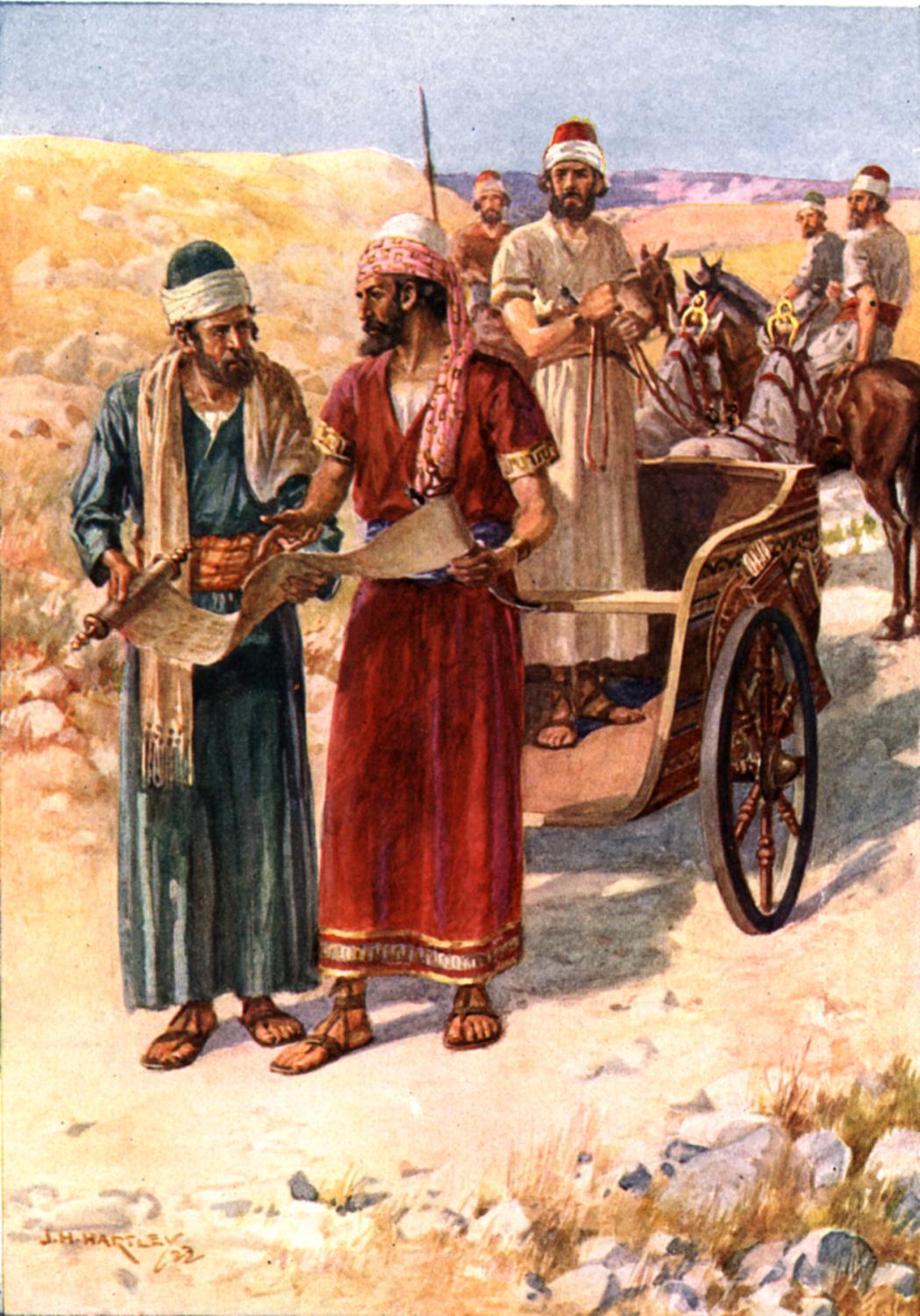No one can say “Jesus is Lord” except by the Holy Spirit. That line from Saint Paul’s first letter to the Corinthians at the beginning of our second reading today says more about the Holy Spirit than we might catch at first.
Words contain a lot of power. We know that well, because lots of times we say the wrong things and we see how it upsets people we love. And equally we experience the power of someone saying just the right thing at the right time and we see how that expression of love changes everything. Words can convey a range of emotions from love to hate, and everything in between. Words can start an argument, but the right words can diffuse a really bad situation. We’ve seen it thousands of times.
Most of us receive the gift of speech at birth, and come into it during our childhood. We develop the gift of speech throughout our lives, perhaps learning foreign languages, or become skilled speakers. Speech is crucial to living in society.
But it is the Holy Spirit who enables us to say anything really good. The only way that we can say “Jesus is Lord,” as Saint Paul tells us, is by the Holy Spirit. The only way that we can witness to the faith, is by the Holy Spirit. That was true of the first Apostles. Remember what happened to them right after the events of Good Friday. They scattered. When they did speak, they put their foot in their mouths. Peter used his gift of speech to deny that he even knew the Lord, let alone witness to the Lord’s power to save. At that time, the Apostles couldn’t even wrap words around what was going on in their own minds, so they were never going to be able to spread the Gospel.
Until Pentecost. Receiving the gift of the promised Holy Spirit, the Advocate that Jesus promised to send them, they are able not only to preach the Gospel, but to preach it in a way that people who spoke different languages were all able to understand it. The outpouring of the Holy Spirit brings everything together for them, and now, only now, are they able to say that Jesus is Lord!
The absence of the Holy Spirit is unparalleled sadness. We can’t say – or do – anything really good without the advocacy of the Holy Spirit to inspire – literally breath into us – the goodness for which we were created. The sequence today proclaimed it well:
Where you are not, we have naught,
Nothing good in deed or thought,
Nothing free from taint of ill.
So when we receive the Holy Spirit, we are inspired to say and do good things too. The Holy Spirit will inspire us to speak many kinds of words in many situations. We can depend on the Spirit to give us the words when we don’t have them. Saint Paul teaches that the Spirit even prays in us when we can’t pray, expressing our needs in groanings when we can’t find the words to say. So the Holy Spirit will inspire us to speak…
- Words of comfort to those who are going through difficult times. Maybe just by being with them and saying nothing at all.
- Words of challenge when we are in a situation that is veering off course, and others are urging us to go the wrong way.
- Words of correction when a child is acting out or not living up to their full potential.
- Words of reconciliation when we seek to heal a broken relationship.
- Words of vision when we are part of a group that is seeking to do something new.
- Words of healing when we comfort another person who has been wronged by others.
- Words of change when we stand up for what is right in a society that wants to do what it wants to do.
- Words of mercy when we let go of a grudge, or forgive someone who has hurt us.
The Holy Spirit will give us the right words for all of this at the right time, and we will be able to speak them in a way that everyone who needs to understand them can understand them. We may never be able to speak multiple languages – God knows I can’t! – but in the Holy Spirit we will be able to proclaim that Jesus is Lord in our words and actions and no one will be able to miss the significance of that – everyone will understand it.



You must be logged in to post a comment.